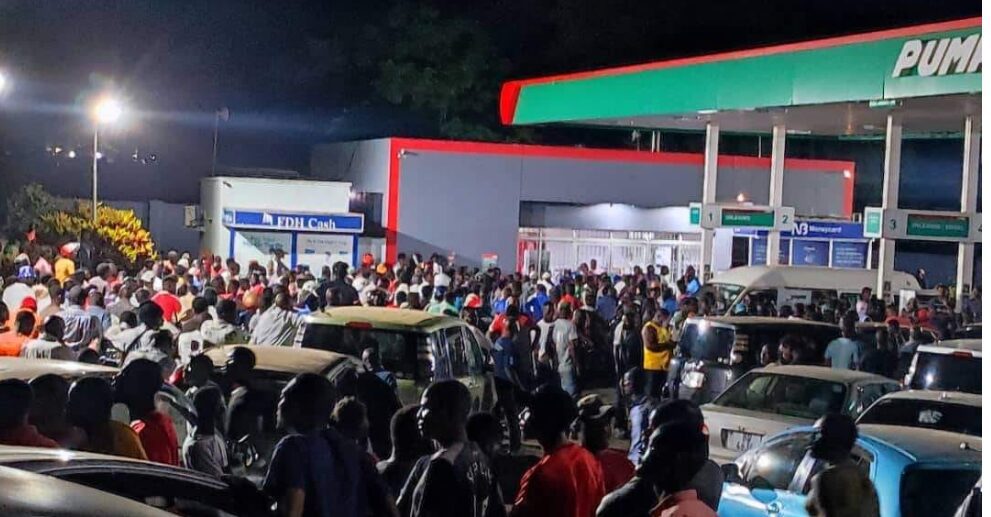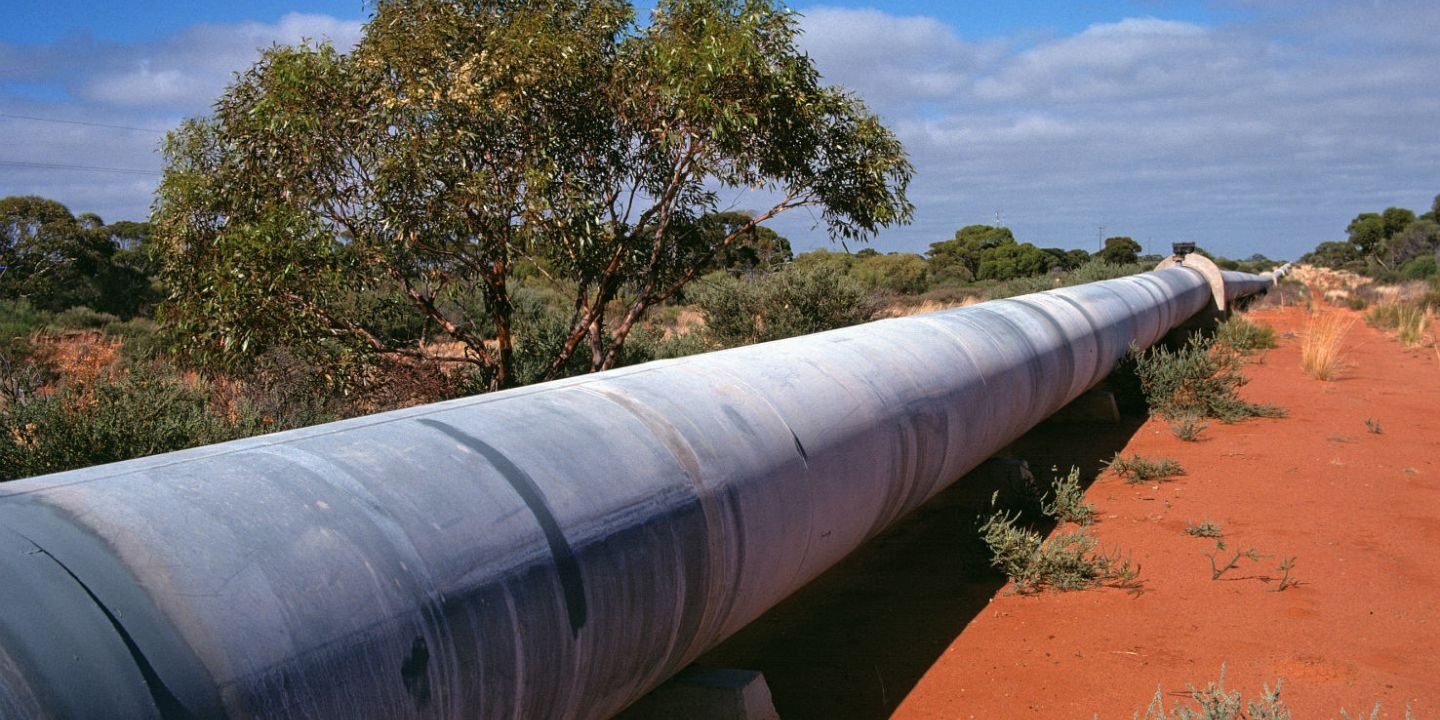
Tuesday 25th November 2025

by inAfrika Newsroom
A new “Gas for Africa” study warns that Africa gas wealth remains badly underused despite decades of discoveries. The report by Hawilti and the International Gas Union finds that Africa holds more than 8% of global proven gas reserves, yet produces only about 6% of world output and has seen demand stay “largely stagnant for forty years.”
Researchers argue that Africa gas wealth should support cleaner power, industrialisation and modern cooking, but infrastructure and policy gaps block progress. They highlight persistent reliance on diesel for factories, weak regional pipelines and slow reform of national gas markets. In Senegal, Mauritania, Mozambique and Tanzania, large finds have not translated into widespread local consumption, even as export projects advance.
Africa Finance Corporation chief executive Samaila Zubairu says the continent must move from “potential to performance” on gas. He notes that African financiers are now stepping up to fund pipelines, processing plants and compressed-gas systems that can feed power plants, industries and fleets. Case studies in Nigeria, South Africa and Tanzania show how local investors back flare elimination, virtual pipelines and gas-to-industry schemes when policy is clear.
According to the report, future projects should focus on flexible, “future-proof” infrastructure that can adapt to changing climate rules. It calls for regional gas networks, better storage and cross-border trade, instead of only large export terminals.
Moreover, analysts stress that Africa gas wealth cannot replace renewables but can help phase out dirtier fuels and support grid stability. They urge governments to align gas plans with climate commitments, especially as global finance for fossil projects grows more restrictive.
Why it matters for Africa
The Africa gas wealth debate matters because gas can bridge Africa’s energy poverty while backing manufacturing, fertiliser and clean cooking. If countries keep exporting raw molecules while burning diesel and charcoal at home, they lose both value and health. Smarter use of domestic gas can reduce power cuts, stabilise grids and create industrial jobs, especially in coastal and landlocked economies linked by pipelines. At the same time, gas policy must fit a world that is gradually decarbonising. Decisions taken now will decide whether Africa remains energy-poor atop rich reserves or uses gas as a springboard to a balanced, low-carbon system.


